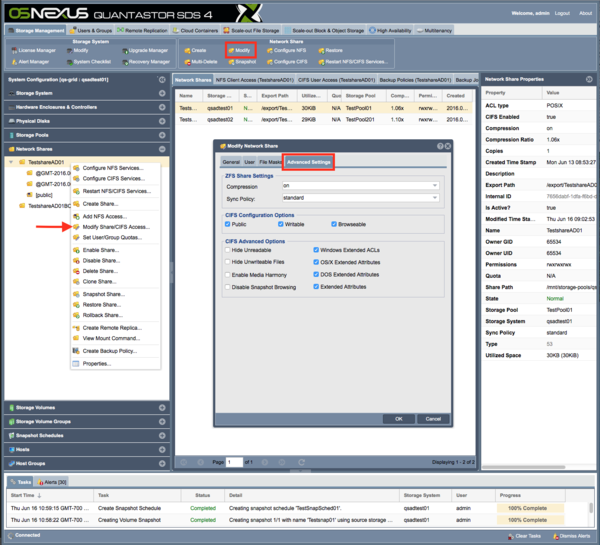Possibility Of A Pre-compiled Package Of S3ql For Mac

Starting syslogng. Error parsing destination, destination plugin sql not found in /usr/local/etc/syslog-ng.conf at line 43, column 3: sql ^^^ syslog-ng documentation: mailing list: /usr/local/etc/rc.d/syslog-ng: WARNING: failed to start syslogngI have looked for a solution on the Internet and they say I need install the syslog-ng package with some kind of option to enable writing to MySQL. Is there a way to customise installation options when using pkg? (If no, why not?) Or do I have to install it through ports?
'Options' can be changed only when building/installing through ports, not by using the packages using. This is because a 'package' is pre-compiled port built with a fixed set of options, and just puts those pre-compiled pieces on your system in the proper place; it doesn't build anything while installing.


- The pre-compiled list of expenses is distinguished by a “curved” translation like “rotate auto tires”, but you can create your own categories. It is also possible to create reminders after a certain time or mileage.
- This is simply an update on the instruction provided by Izhaki (that I ran on Mac OSX 10.8.4). You may be required to update XCode to 4.6.3. This can be done through the AppStore.
From what I understand, there is work being done so that some day you will be able to say 'I want the pre-built syslog-ng package installed that has options A, B and D enabled', but that's not available yet.
I think it is about AOT can’t know which cpu instructions will be available (on runtime) when compiling. You are AOT’ing but what kind of cpu will be used when running the compiled project. The host you are doing compiling?
Or another production server machine? Taken from article: For a typical.NET Core application most of the framework code will load from pre-compiled (ReadyToRun) images. This is great for startup, but the pre-compiled images have versioning constraints and CPU instruction constraints that prohibit some types of optimization. I think of tiered compilation not as a competitor for AOT, but as a complimentary and parallel effort. The team is definitely still investing around AOT so I don’t think you are seeing the limit on this by any means.
In scenarios where the code is reasonably static and the deployment architecture is known in advance AOT works great to give fast predictable startup times. Then tiered compilation increases the steady state performance even further. Then there are other cases where AOT may not be possible or desirable – It is pretty common for devs to use some dynamic language features that can’t be fully AOT compiled, they might not know the architecture the code will need to run on in advance, they might not want to spend the build time it would take to run a good AOT compiler (perhaps to keep F5 really fast), or they might just appreciate the smaller deployment size of MSIL binaries. In all of these cases the app may not start quite as fast as full AOT would, but tiered compilation will try to make the best of whatever hand it was dealt. Hopefully this is the path that leads to runtime de-virtualization.
It sure would be nice to piggyback on the dynamic compilation to hot generate compilations of classses with virtual methods to produce non-virtual versions of class methods that could be hotswapped as needed. Having the background compilation thread and the code swap mechanisms are important prerequisites. Next step is method stubs to gather the statistics during application initialization and the first N calls (perhaps the current timer mechanism could be reused). After the threadshold is met, make an informed decision about what optimization strategy to swap in (which could even including further stats tracking to defer a more precise decision).
Possibility Of A Pre-compiled Package Of S3ql For Mac 2017
This is because a 'package' is pre-compiled port built with a fixed set of options, and pkg just puts those pre-compiled pieces on your system in the proper place; it doesn't build anything while installing.